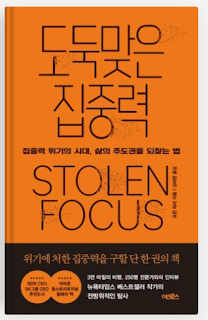What If Inequality Is Unavoidable?
Is Polarization Always Bad?
We often assume that equality is better than polarization. But is that always true?
Some countries, like China, aim to equalize wealth among all citizens. While the intention may be good, could this approach have a negative impact on the modern capitalist system? After all, capitalism inherently creates winners and losers. Does it mean the rich always get richer and the poor stay poor?
In South Korea, globalization has boosted exports, but it has also widened income gaps. People working in export-driven industries—such as automobile or semiconductor companies—often receive significantly higher salaries. This contributes to growing inequality within society.
But what if these industries shrink and their salaries decrease? Would society become fairer? Maybe. But would people be happier? Probably not. A shrinking middle class often leads to widespread dissatisfaction and economic stagnation.
Therefore, rather than trying to eliminate all inequality, perhaps we should focus on building stronger social safety nets for the low-income population. Fairness doesn't mean making everyone equally poor. It means giving everyone a fair shot at opportunity—even in an unequal world.
#Polarization
#Inequality
#Globalization
#Capitalism
#SocialJustice
#IncomeGap
#MiddleClass
#SocialSafetyNet
#EconomicFairness
#WealthDistribution
#KoreanEconomy
#GlobalEconomy
#ExportIndustries
#EconomicInequality
#FutureOfCapitalism




Comments
Post a Comment